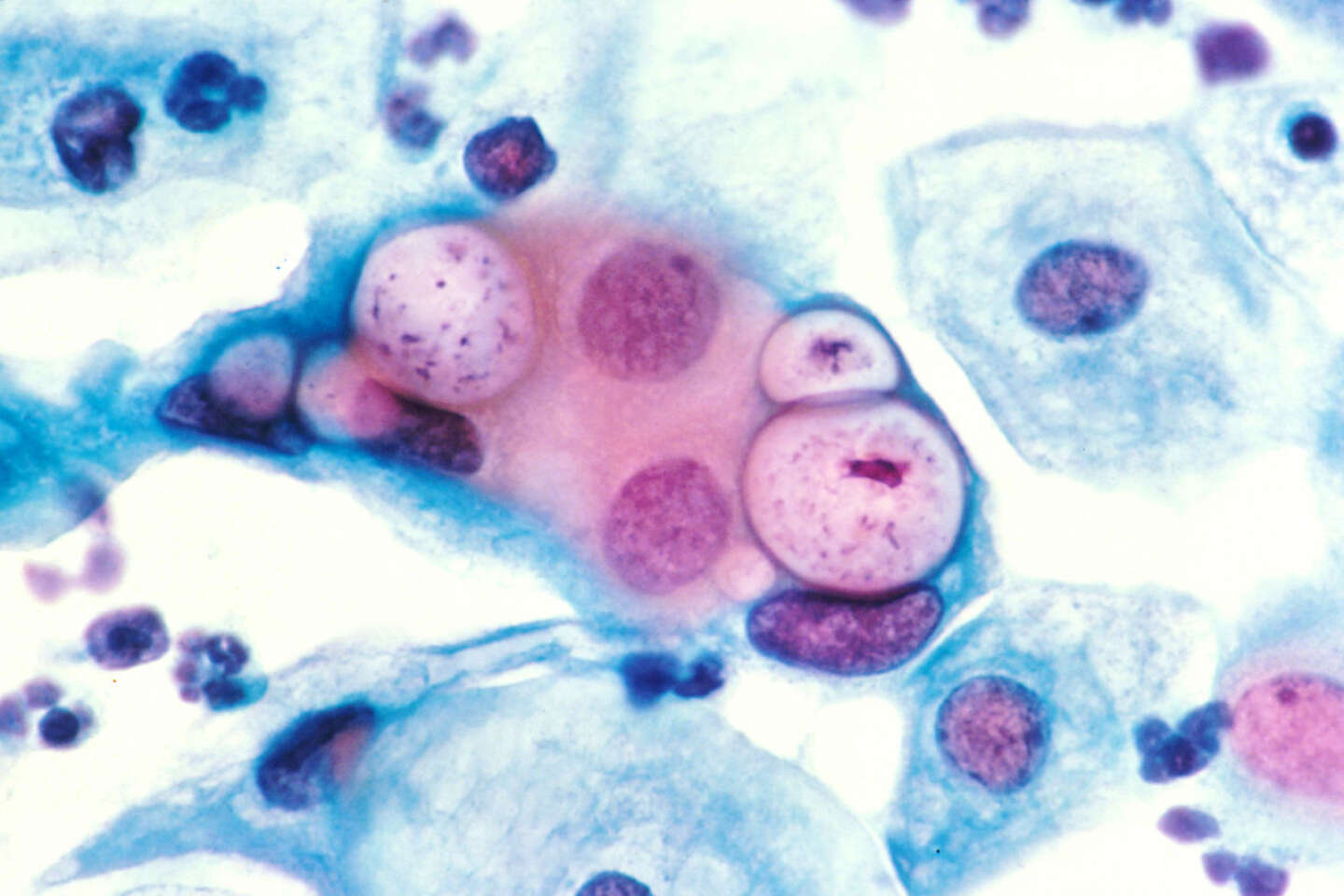
Chlamydia, gonorrhea and syphilis, three bacterial sexually transmitted infections, recorded a significant increase between 2020 and 2022 in mainland France in terms of their surveillance in general practice, according to data published on Tuesday, December 12, by Public Health France were published.
In 2022, compared to 2020, the proportion of chlamydia infections increased by 16% with 102 cases per 100,000 inhabitants, that of gonorrhea increased by 91% with 44 cases per 100,000 inhabitants and that of syphilis increased by 110% to 21 cases per 100,000 inhabitants , conclude researchers from Sorbonne University, Inserm and the Pierre Louis Institute of Epidemiology and Public Health, based on feedback from the Sentinels network. The volunteer general practitioners of this network report and describe every week the number of cases of these three infections that have been biologically confirmed and observed in the consultation.
Since 2020, the proportion of bacterial STI diagnoses through screening in general practice has increased (from 32% to 50% in 2022 for syphilis, from 18.4% to 35.3% for gonorrhea, from 47% to 57.2 % for chlamydia). to a study published in the weekly epidemiological bulletin.
New increase in infections in the West since the early 2000s
The researchers summarize that the cases with gonorrhea or syphilis were significantly more common in men, more multiple partners, more history of sexually transmitted infections, more co-infections with HIV and more frequent use of preventive treatment for AIDS (PrEP) than in those with chlamydia .
Since the beginning of the 2000s, there has been an increase in the number of sexually transmitted diseases of bacterial origin in Western countries, after declining over the last 20 years as a result of the AIDS epidemic. At the same time, protection during sexual intercourse, especially with condoms, has decreased.
gold “STIs represent a major public health problem due to their transmissibility (to partner and mother-fetus), their frequency, the long-term complications they cause (chronic pelvic pain, upper genital infections, infertility, cancer, etc.) and their role. “in the transmission of HIV », recalls the study. Its authors judge “It is important to continue efforts towards combined screening for all sexually transmitted diseases (HIV, bacterial STDs, hepatitis B and C) in patients and their partners in order to quickly initiate treatment and break chains of transmission. “.





